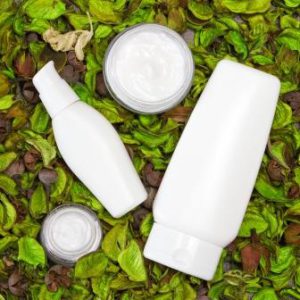by Jen Johnston, CHHC, sr. marketing services account manager, for the Step into Natural blog series
Last week, I offered an overview of the natural products landscape and what it might mean for independent pharmacies. This week I want to dive more deeply into the definition of natural.
I’ll start the post by admitting this fact – there is no one buttoned up definition of “natural” because the FDA has not released one.
According to the Natural Products Association, natural products include “natural and organic foods, dietary supplements, pet foods, health and beauty products, ‘green’ cleaning supplies and more.” They go on to say, “Generally, natural products are considered those formulated without artificial ingredients and that are minimally processed.”
Most people have a vague sense of what makes a product natural, but that can differ from person to person. New Hope Network says, “Most consider it synonymous with terms including health, clean, nontoxic and good.” However, those terms are also ambiguous. Just take “healthy” for an example – is a low fat, low calorie diet or a ketogenic diet healthy? It depends on who you ask.
Much of the standardization of the term natural has revolved around what is not natural. Retailers, such as Whole Foods, have a list of ingredients they do not allow in their food and body care products. Mainstream retailers are also taking similar actions. Target, for example, came out with a new chemical strategy last year. New Hope Network also has a list of unacceptable ingredients for those hoping to display their products at Natural Products Expo East or West.
Still there is confusion, since any company can put a “natural” claim on its products. This has led to several lawsuits by consumers who feel they have been duped, primarily by food brands, but also by personal care companies as well. The NY Times recently reported that Tom’s of Maine antiperspirants and toothpastes and Aveeno face moisturizers, which have long promoted their use of natural ingredients, have faced legal challenges.
Don’t let a lack of a definition deter you from stocking natural products, however. Despite the confusion, the public is still creating strong demand for them. I’ll repeat some stats from the last article because they are important. In the U.S. Natural Products Industry, dietary supplements are valued at $39 billion and natural beauty and personal care are valued at $18 billion. And the U.S. market for natural personal care products has grown over 7%, while the U.S. market for natural OTC medicines has grown over 11%.
Offering a selection of natural products for your customers can be a win-win, satisfying their desire to find something they deem as less harsh while creating a profitable add-on-sale for your pharmacy.
Next week I will go into detail about who is shopping for natural products (and reveal some surprising facts!). To sign up to follow our year-long series, “Step Into Natural,” please click here.